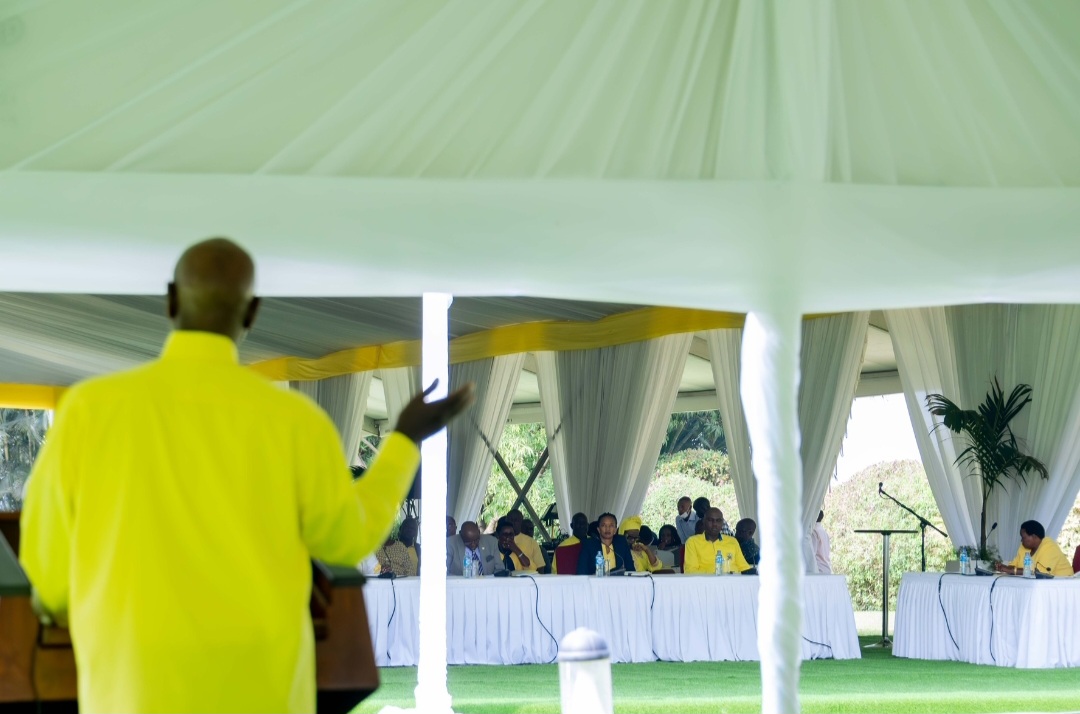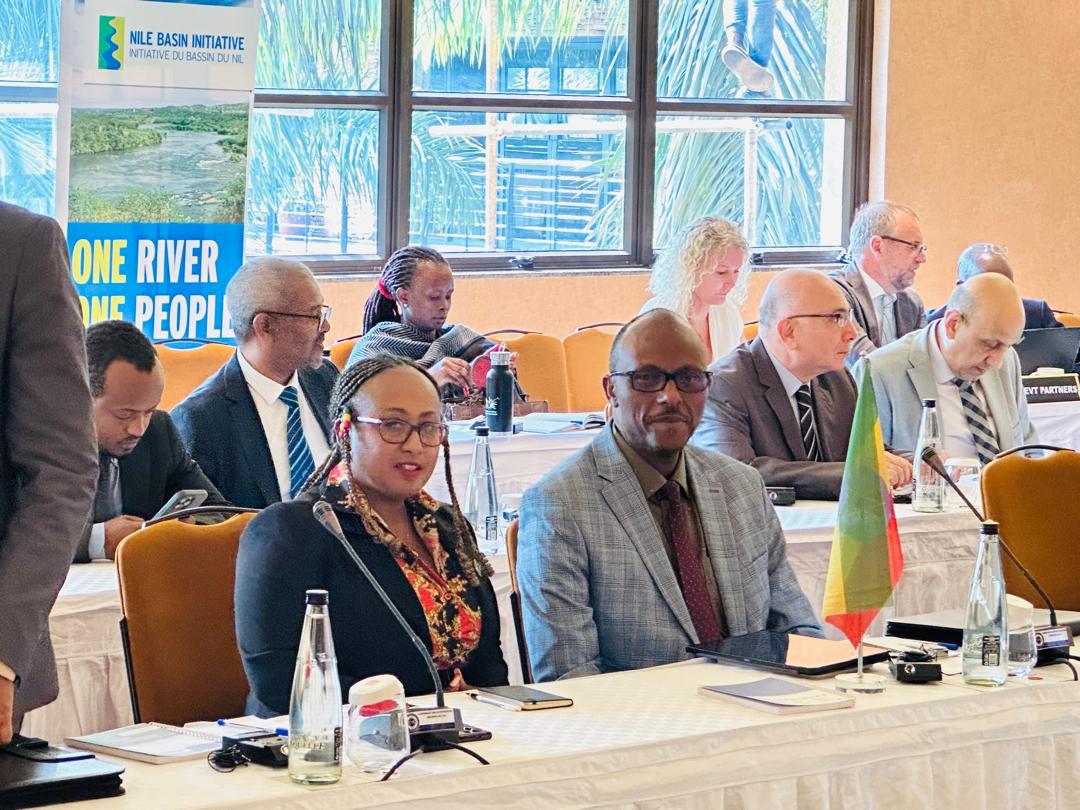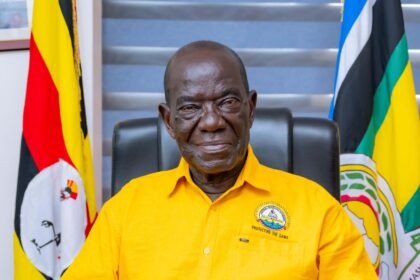In the verdant expanses of Uganda’s oil-rich Buliisa District, a curious and troubling phenomenon unfolds—a conspicuous disinterest in banking services persists, despite a flurry of recent bank branch openings.
This dichotomy reveals a strikingly negative attitude toward financial institutions in a region that is otherwise at the cusp of modern economic transformation, augmented by the expected revenue from the oil and gas sector.
Buliisa’s financial landscape has recently been inundated with new banking facilities. Notable entrants include Stanbic Bank, Equity Bank, and Centenary Bank, each establishing branches with high hopes of fostering financial inclusion amidst a burgeoning local economy spurred by the oil and gas sector.
Yet, the anticipated transformation in banking habits remains elusive. Buliisa district’s leaders, led by Longino Bahebwa, the Resident District Commissioner (RDC), grapple with a deeply rooted skepticism among locals who continue to prefer the age-old practice of stashing their wealth in earthen pots rather than embracing the security and convenience offered by modern banking institutions.
During the grand inauguration of Centenary Bank’s newest branch in Buliisa, Bahebwa’s remarks were imbued with a mix of discontent and incredulity.
“Here you can find someone selling their cattle or fish with about Shs30 million, but ask them to keep it in the bank, they can never do that on grounds that banks cheat,” Bahebwa said.
His words painted a vivid picture of the district’s financial landscape—a realm where modern banking infrastructure exists in stark contrast to traditional, almost primitive financial practices.
The RDC decried the irony of a community that, despite having ample access to banking facilities, clings to the perilous practice of hoarding cash at home. He cautioned against the dangers of this practice, highlighting that keeping substantial amounts of money in pots is not only a breach of financial prudence but also invites risk from theft and fire.
Samuel Kugonza, the Nyapeya LC 1 Chairman, echoed Bahebwa’s concerns, emphasizing the entrenched nature of this reluctance. “Most people get paid through the bank, especially those that were compensated, but also some locals working in these oil companies, immediately withdraw and go keep it at home. That’s the life they live,” Kugonza observed.
His comments underscore a broader, more profound issue—a cultural inertia that resists modern financial practices despite increasing economic pressures and opportunities.
Centenary Bank’s expansion into Buliisa is a strategic move aimed at bridging this financial chasm. The bank, which now operates 81 branches across Uganda, views the new Buliisa branch as a linchpin in its quest for financial inclusion.
Beatrice Lugalambi, the General Manager of Corporate Communications and Marketing at Centenary Bank, celebrated the opening as a pivotal milestone. “Today marks a significant milestone for us in our journey to secure financial inclusion for Ugandans,” Lugalambi proclaimed with a blend of pride and optimism.
She described the new branch as a beacon of progress and an embodiment of the bank’s commitment to extending financial services to even the most remote corners of the country.
The urgency of this mission is underscored by the Uganda Bankers Association’s statistics, which reveal that fewer than 13 million of Uganda’s 45 million residents currently access banking services.
While innovations like agent banking have made strides in extending reach, the persistent cultural resistance in Buliisa highlights the limits of physical infrastructure alone.
James Katamba, Centenary Bank’s Regional Manager for Western Uganda, offered a persuasive yet understated endorsement of banking benefits. He noted that embracing banking services brings numerous advantages, such as the safekeeping of assets and organized financial management. Despite this, he acknowledged the monumental task of overcoming deeply ingrained cultural biases.
Adding a personal touch to the bank’s outreach efforts, Samuel Bwete, the Branch Manager for Centenary Bank Buliisa, underscored the importance of maintaining a community-oriented approach.
“Today is a significant day for the people of Buliisa. We are not just opening our doors to them but bringing to them numerous opportunities to support their growth and transformation through a deep and cordial financial and social relationship,” Bwete said, reflecting the bank’s ethos of merging financial services with local cultural contexts.
The situation in Buliisa illustrates a broader and more profound challenge of integrating contemporary financial systems into traditional communities. As banks continue to proliferate and introduce innovative services, the imperative remains to address the cultural and psychological barriers that hinder the adoption of modern banking practices.
The journey toward financial inclusion in Buliisa is not merely about erecting new branches but also about shifting deeply entrenched attitudes and fostering a culture of trust and security in banking.
Do you have a story in your community or an opinion to share with us: Email us at Submit an Article









